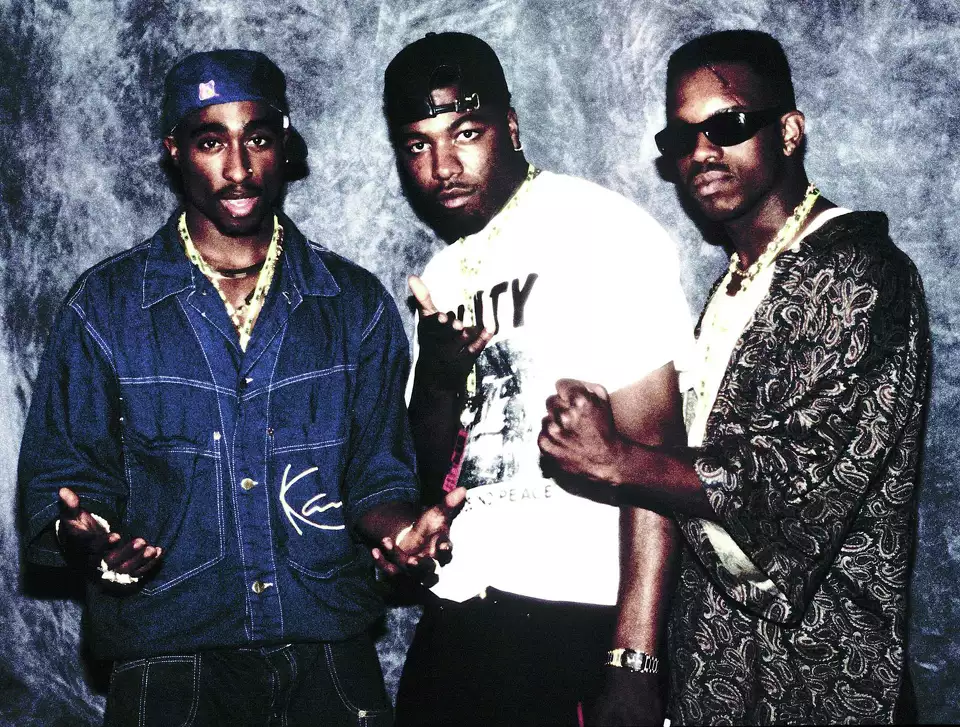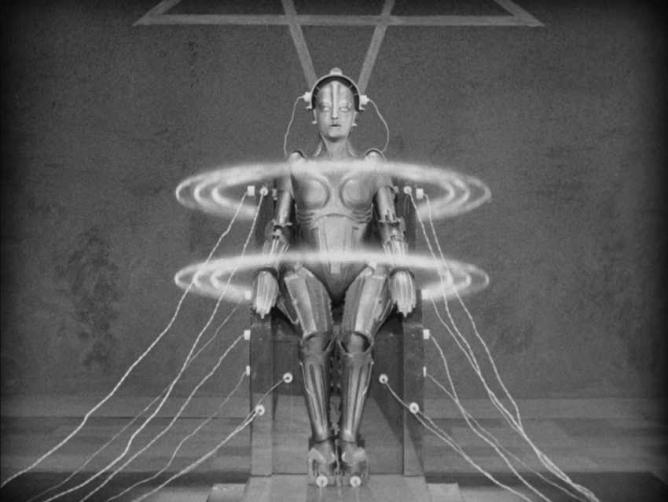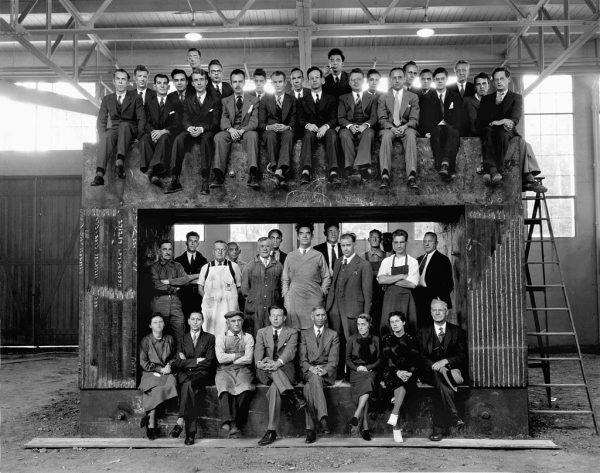November third, 2023: throngs of Bay Area neighbors, friends, and family gathered together on a stretch of boulevard formerly MacArthur in ceremonious respect. Early this year, Oakland’s City Council unanimously voted to dedicate the well known avenue to the infamous and influential rapper known as Tupac Shakur. Tupac, although born in Baltimore, Maryland, claimed the vibrant and lively city of Oakland as his true element.
Tupac was a beacon of justice and power for the entirety of his life. Born June of 1971 in New York City’s Harlem, Tupac followed the footsteps of his radical mother, an activist for the Black Panther Party political crusade group. His childhood was not filled with years of opulence; without a present father, Tupac’s mother developed a dependency on hard drugs and struggled to keep jobs. For his developmental years Tupac lived off welfare checks and the hope that his family would make it through the night.
In 1988, Tupac’s mother moved him and his sister to Marin City, California. Although they lived in a crime laden “ghetto” and he resorted to selling the same drugs his mother could not detach herself from, the natural and cultural lure of California struck Tupac. However, what truly began his journey into the world of hip-hop was his move to Oakland, where he met Leila Steinberg, the manager who helped him produce his poetry into products of musical genius that remain unparalleled twenty seven years after his death.
Tupac lived and died as more than a famous rapper whom Oakland was proud to represent; he was a revolutionary force in rewriting the public’s opinion of what rap culture was. Hip-hop as a genre got its start in the 1970s – it was new, unlike any genre previously developed, and made waves in white America. Hip-hop was the beginning of an era of music in which oppressed communities, especially the black community, could express the injustices of a racist nation through their own creativity. In the 70s, Oakland was already a beacon of diversity and artistry, the birthplace of the transformative Black Panther Party and home to a world of blues/jazz clubs, expanding the Bay Area’s microcosm of sound. Tupac’s work brought a new level of intimacy and progressive style to a city that fostered his reformism.
Tupac’s impact on Oakland cannot be overstated. Tupac took the Bay Area’s thriving black culture and displayed it for the rest of America to see. He was a core pillar of all the values Oakland stands for: community, diversity, truth, justice. Oakland did not name a street after Tupac because he lived in the city, but because he embodied the city. Often, states across America name their boulevards after slave owners, bureaucrats who were too xenophobic to claim the ethnic medley of this country. But here in California, governments choose to name their roads after life givers, those like Tupac who reveal what perfection could lie beneath the hard exterior of the United States.




